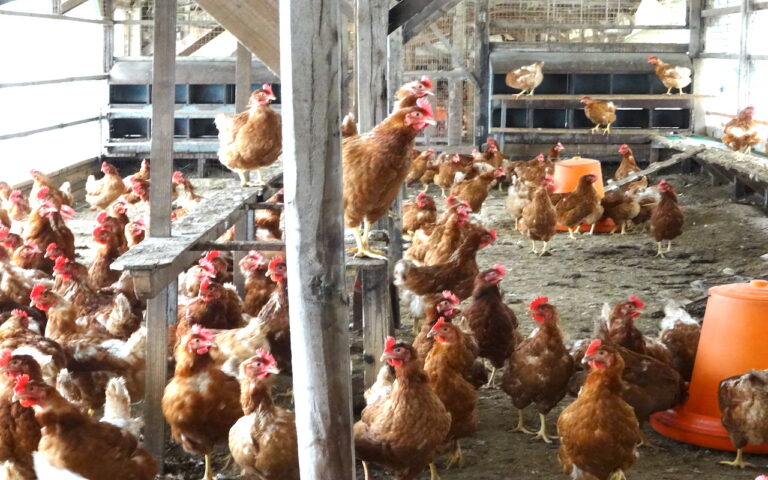
Category Layer chicken


Cage-free and egg-free mayonnaise spreading
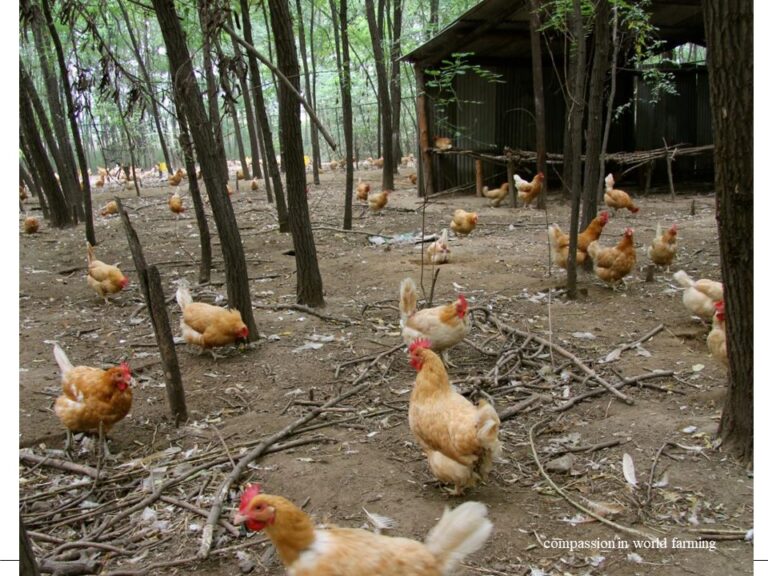
Aman Tokyo 2023: fast-paced commitment to cage free, with ARC egg support!
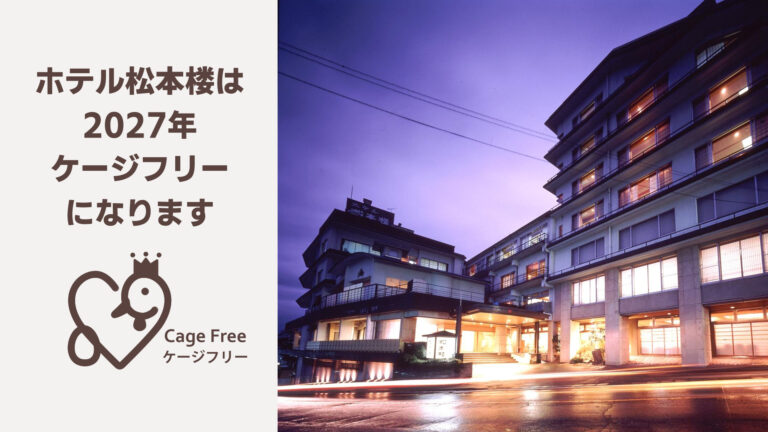
Good news! Ikaho Onsen Hotel Matsumotoro declares cage free by 2027!
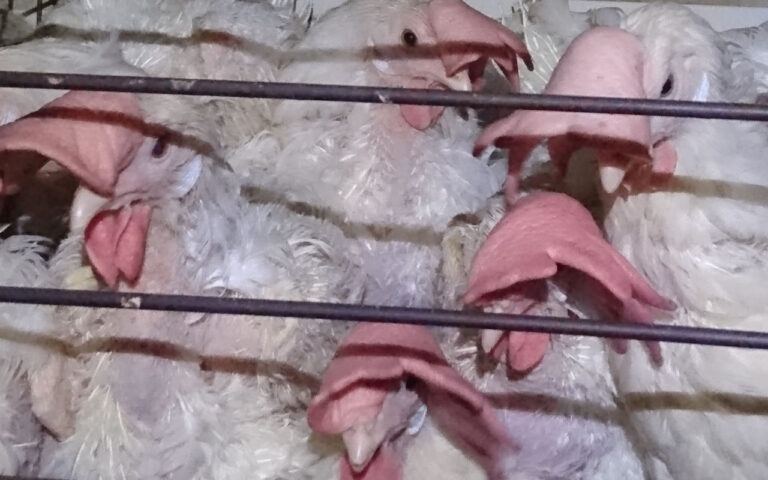
Former head of Akita Foods found guilty, but won’t any chickens be saved?
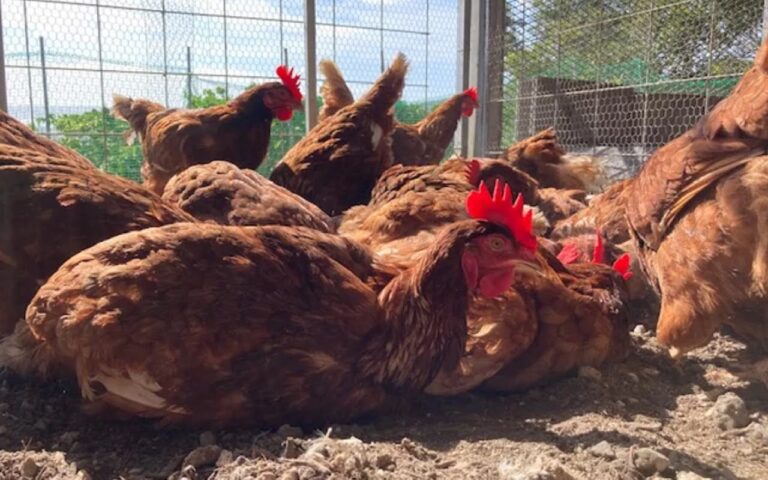
Asahikawa Koen Guest House and Tomoya Farm are cage free
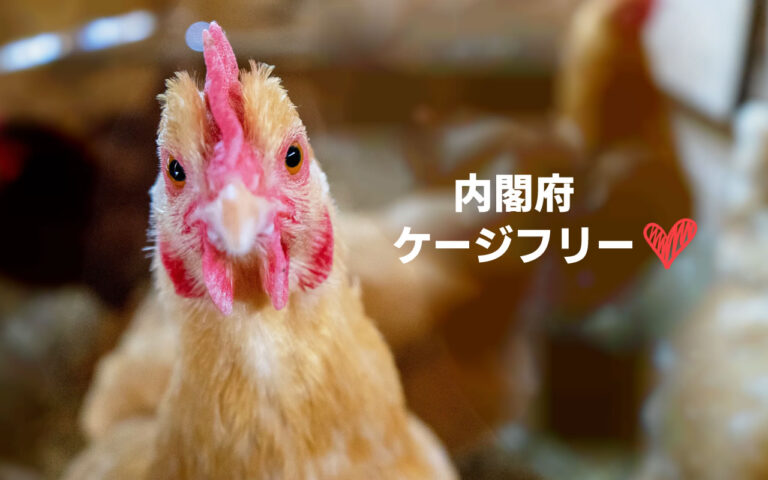
Good news!!! The Cabinet Office is cage free!

Tokyo Olympics: Will Animal Welfare Stay Neglected?
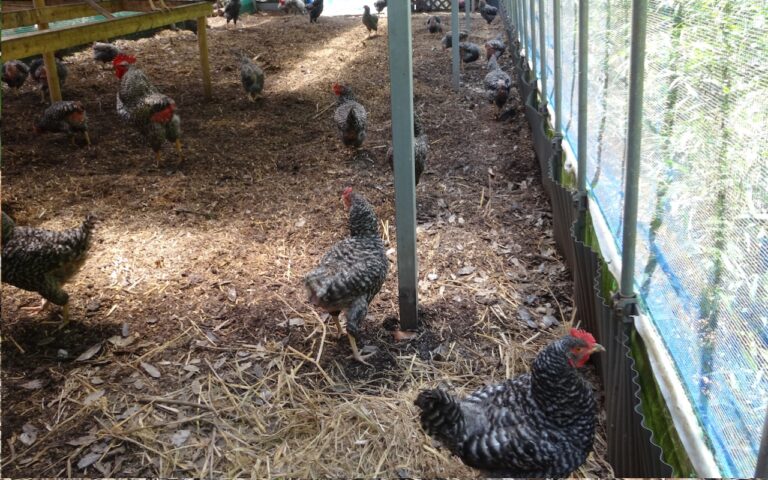
ORGANIC GRILL KUGENUMA-KAIGAN IS CAGE-FREE AND BETTER CHICKEN
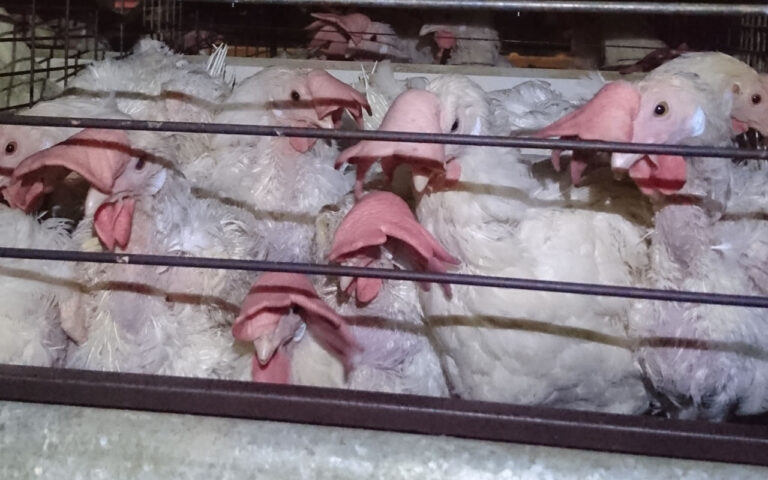
MAFF, unable to escape from its intimate relationship with the industry, is far from regaining trust
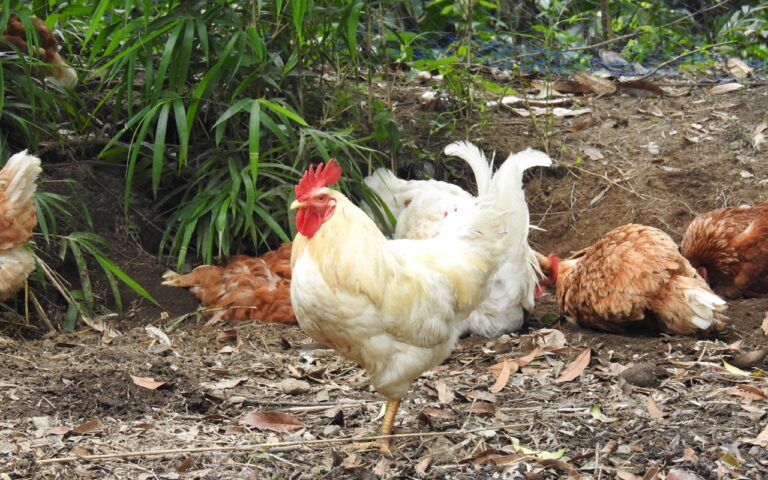
Non-profit organization Asahi and bakery Boulangerie Mike are cage-free
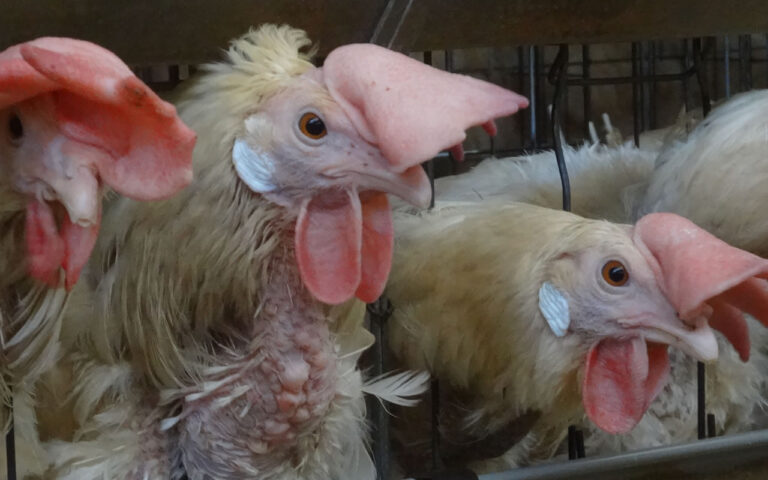
In 2019, more than 51 thousand chickens were put into boiling water alive.
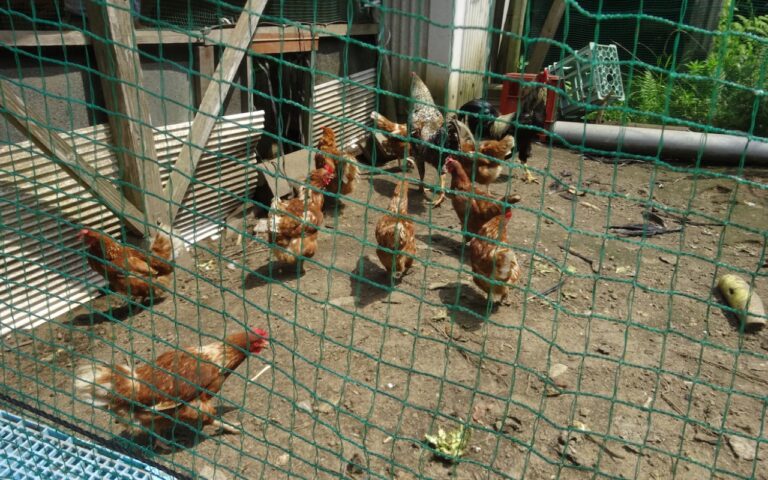
Izakaya “Shusai Tenmi” and bakery “Casse-tete” are cage-free
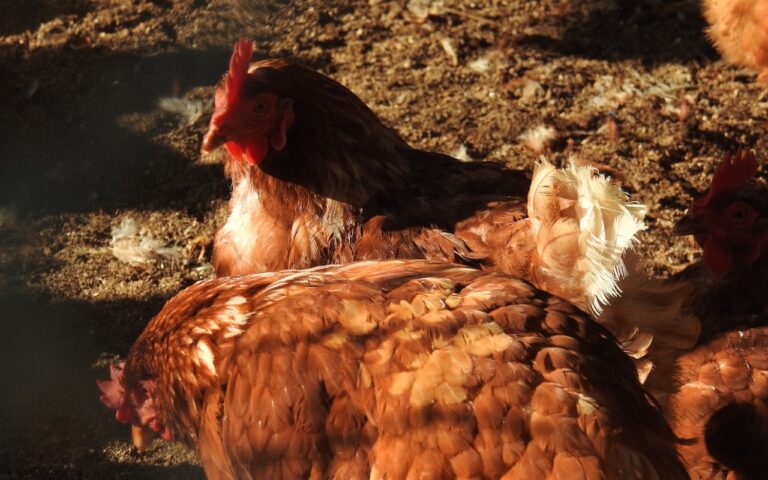
Ai matiere and Natural yeast bread bousyu are cage-free
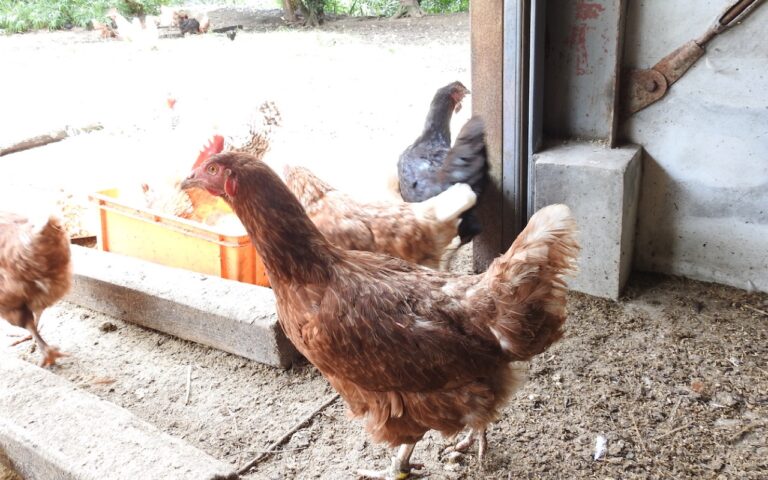
Cocoropan and Sakurasaku Farm are cage-free
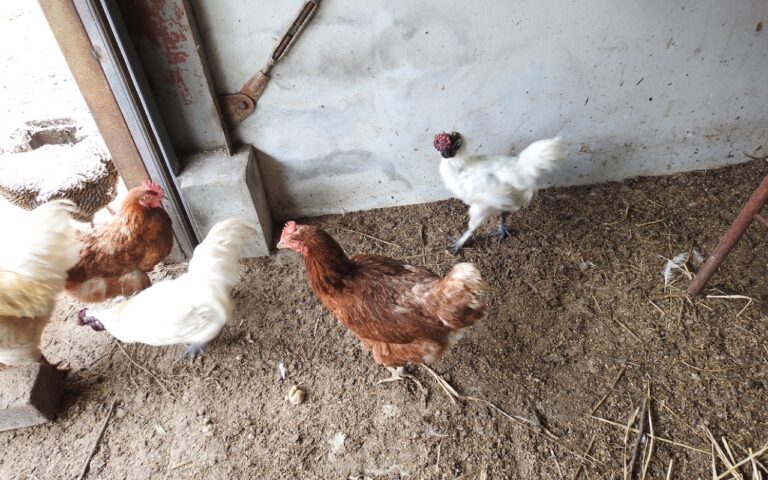
Izakaya Takahashi Shoten, which chose to switch to barn-raised eggs, is cage free
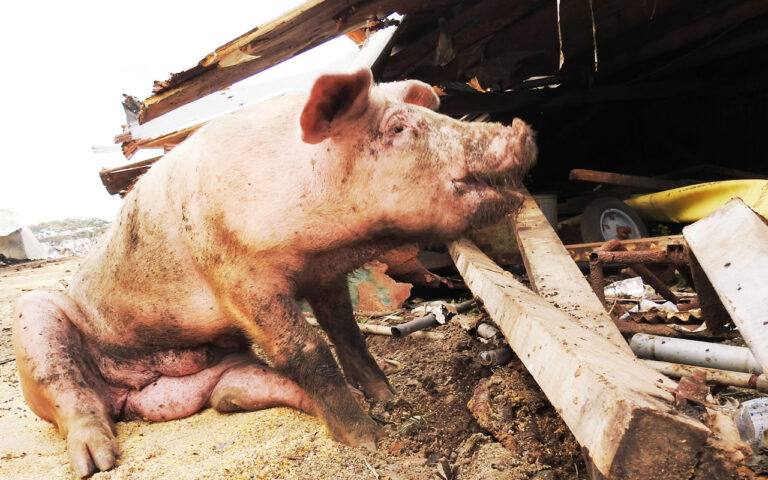
The Value of Animal Lives Livestock housing exempted from the Building Standards Act
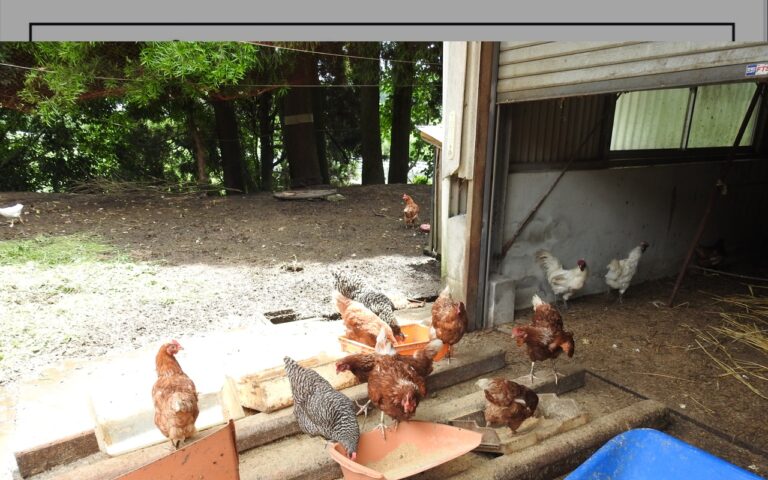
Tsuchiyu Inn Satonoyu has switched to cage free in response to customer inquiries

BARAQUE, which uses cage-free eggs in consideration of animal welfare, is cage-free
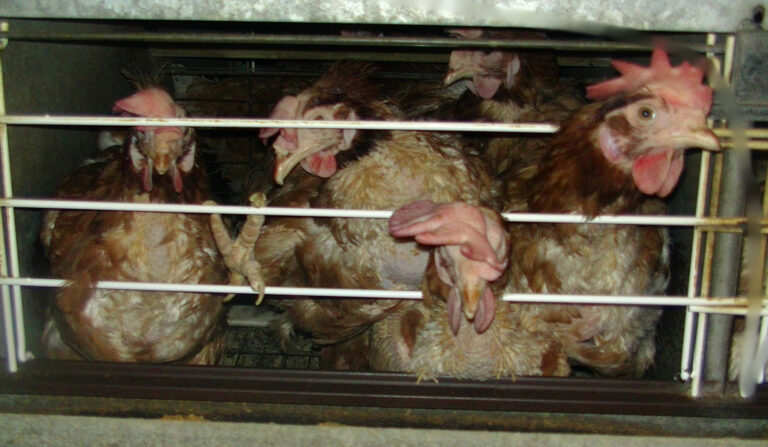
Avian flu 2020-2021: massacre, not euthanasia – evidence 2: “death by heat, by suffocation”

2021 Awareness Survey regarding Livestock Animals
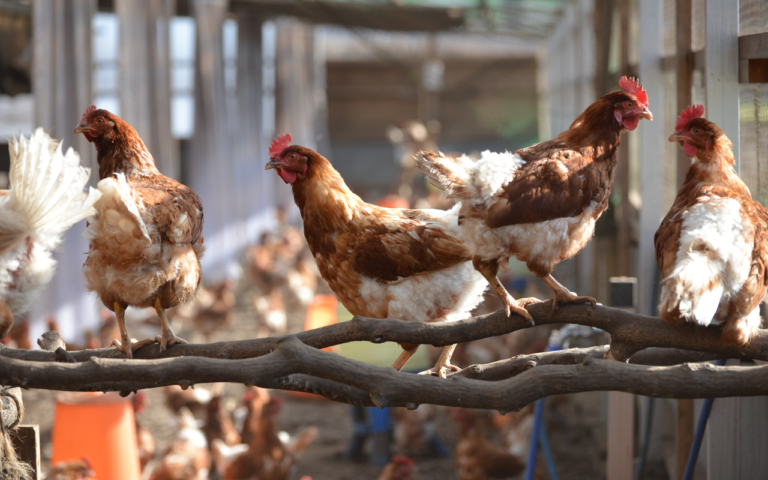
Hakoniwa Farm, which learned about the situation of cage rearing and started cage-free rearing, is cage-free
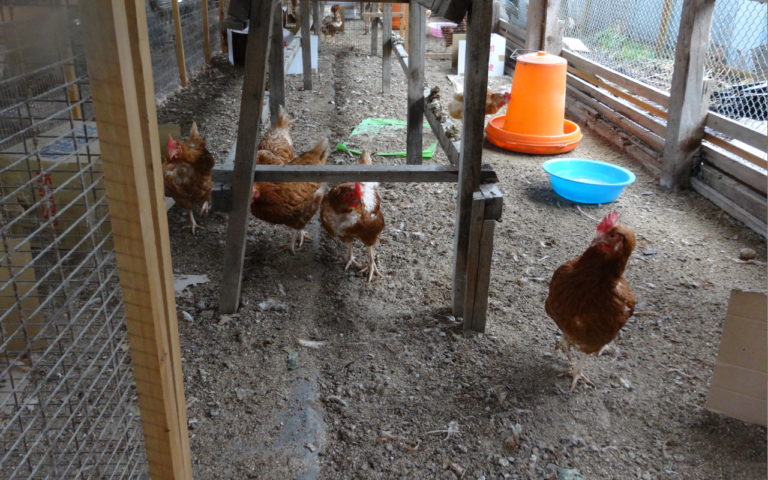
Kurinomi-en, A Social Welfare Corporation that Provides Employment Support for People with Disabilities is Cage Free
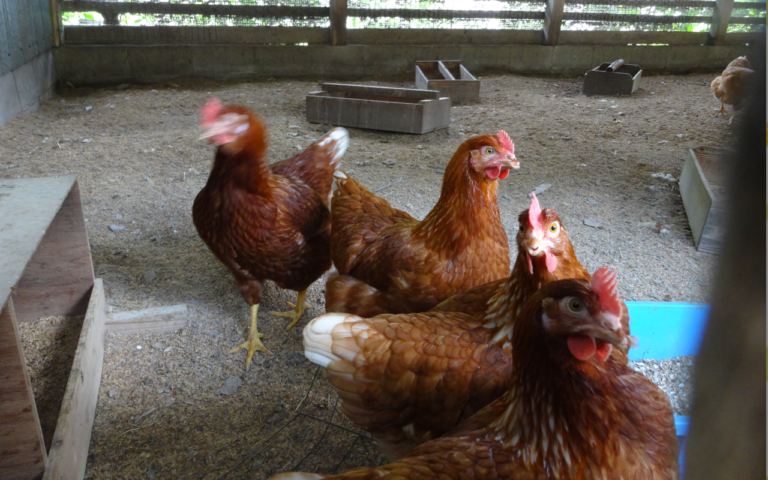
Soleil du printemps decided to switch to cage-free eggs
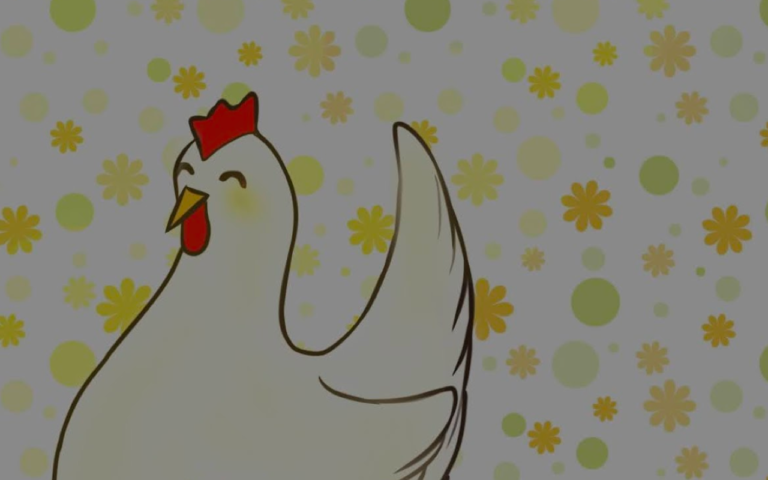
Celebrate! Now 100 companies and shops have declared cage free in Japan!

“Chickens are supposed to be cage free”, Animal Doughnut of Ikumimama is cage-free
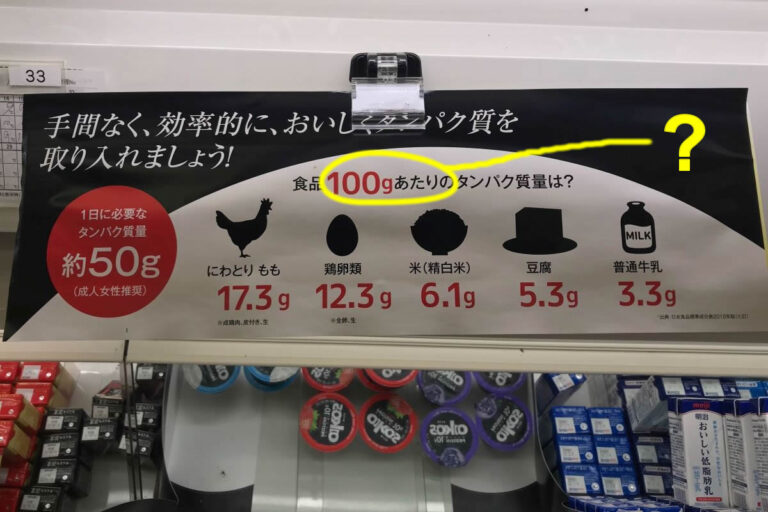
What are “efficient” sources of protein?
